15 Jul The perspective of an Audiology student
This entry was written by Laura, who is entering her third and final year of audiology school. She spent a 6 week period of her internship with us at HIA.
As an audiology student, when I tell people my field of study, I often have to explain what an audiologist actually does. Some people make “I didn’t hear you” jokes, some people truly mishear me and think I’m studying idealogy, and other people have never even heard of audiology. Sometimes you run into the people who have worked so closely with their audiologist that they are the ones telling me what audiologists truly do for people with hearing difficulties. Lastly are the people who think they know what audiologists do; the ones who say “so you just do hearing tests all day.”
When I first started in the audiology program, I wasn’t sure how to respond to this statement. In all honesty, depending on the setting, completing hearing tests does make up a significant portion of the day. Furthermore, as students, we focus a lot of time and energy trying to learn these tests. The first time you complete an audiogram (hearing test) without stumbling over buttons or falling behind schedule feels like you just hit one out of the park. While learning these skills has given me a sense of accomplishment, simply testing hearing is not what drew me to this profession.
For people who rely on their hearing to communicate, audiologists are able to help them reconnect with the world. Whether it’s in a hospital setting or a private practice clinic, audiologists don’t just do a hearing test and wash their hands of you. With the results of your audiogram, an audiologist can help you identify what situations might be most difficult for you, can screen for potential medical issues that might be affecting your hearing, and can begin to rehabilitate your hearing with appropriate hearing devices and communication strategies. The audiogram itself is really a foundation, and the interpretation is what determines the outcomes for the patient. Not to mention how important it is to talk to patients and focus on issues beyond hearing, like balance and ringing in the ears.
While I am enjoying developing these technical skills and understand their importance, learning to fit these results into the bigger picture for each patient has been the most rewarding part. After all, it’s not the fact that you can do a hearing test that makes you an audiologist, it’s what you do with the results that earns you the title.
Laura has spent the past 6 weeks helping to take care of the patients in our Sackville office. She has a bright future ahead of her as a caring and diligent audiologist!

